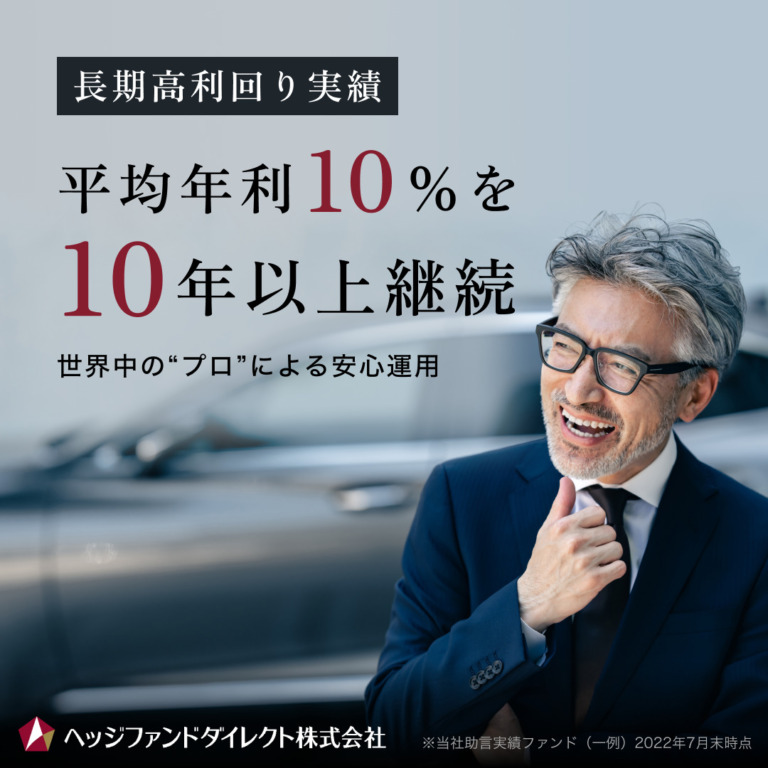It was the briefest of trips but one I did willingly; a quick three-day journey across the South Atlantic to Brazil. 22 hours of flying to spend 48 hours in Curitiba – a metropolitan city of 3.5 million people and the state capital of Parana, in the subtropical south of the country. Curitiba is more than three hundred years old. Colonised by European settlers from Germany, Italy, Poland and Ukraine, these nationalities still have strong roots here. In the heart of South America, this city has a distinctly European feel of which they are very proud.
I was here to film for CNN Future Cities because for many years Curitiba has been seen as a beacon of civic planning. (It won the Global Sustainable City Award 2009.) But this trip also gave me the chance to see how Brazil is coping in this next phase of the financial crisis. This is very relevant with the final round of voting in the presidential election taking place on 31st October.
The battle is between Dilma Rousseff , former chief of staff to the current president, Luiz Inacio Lula da Silva, but who has never held elected office in her own right; and Jose Serra, former mayor of Sao Paulo and governor of Sao Paulo state. Rouseff is the handpicked protégé of the current President Lula but she failed to get 50 percent in the first round of voting on 3rd October, requiring a second round of voting next week. Although Rouseff has continued to have a lead in the polls everyone agrees that lead is narrowing and at best guess she is just points ahead of Serra. The Economist magazine this week came out and endorsed Serra – saying that Brazil would benefit from change at the top. They would agree with that in Curtitiba.
In Curitiba, where President Lula is far from popular, few people I spoke to had a good word to say for his years in office. Curitiba and Parana state is not his natural home. Here they are fierce in their criticism saying he had diverted too much of the industrial wealth created in the south, to subsidise the agricultural voters in the north, Lula’s home turf. So in Curitiba there was plenty of campaigning signs for Serra.
Whoever wins the election, Brazil has some difficult choices to make as it continues to map its phenomenal economic development. The country sailed through the great recession with barely a scratch. Its banks were largely isolated from the toxic debt which poisoned the banking systems of North America and Europe. With its strong commodity-based economy, buoyant exports, and enviable budget deficit of 2.6 percent, Brazil has ensured itself as a strong voice in the G20 which meets next month in South Korea.
But now things are getting tricky as the government grapples with the success of being the darling of the investment world. The Brazilian economy will grow 7.5 percent this year. So its currency, the Real, has rocketed higher against the US dollar. So worried is Brazil’s finance minister Guido Mantega, he controversially warned last month that an “international currency war” had broken out as countries embarked on competitive devaluations. Brazil is a victim in this war.
Minister Mantega has a point. Since its recent low in May the Real has appreciated around 14 percent against the dollar. In the past 18 months the gain is nearer 45 percent. With low interest rates, low rates of economic growth and low investment prospects in much of the developed economies, global funds are flowing into Brazil at a staggering pace. Investors are lapping up short-term bond yields of 10 percent. Even with the US and Europe slowing down, Brazil should still grow by 4.5 percent in 2011. Being “in Brazil” is a must for the global investor.
In Curitiba the standard of life duly reflects this economic good cheer. A large number of expensive apartment buildings have been built. The number of cars on the road has risen dramatically but companies here find themselves between the proverbial rock and hard place. The manufacturing industries have benefited hugely from an industrial policy that has promoted export-led growth. But with the currency frothy, one machine tool manufacturer said his factory in Germany was now more competitive than his Brazilian plant. It leaves Brazilian companies with a stark choice: eat into your margins or risk exports markets disappearing.
Curitiba has wonderful wide boulevards, lined with rich tropical vegetation. Its squares and plazas celebrate its European past. Those who live here enjoy the real benefits of this emerging economy. But ask around and most say they fear this cannot last. They refuse to give Lula the credit for the success. They can live with an election result they don’t like, but what they will find more difficult is if the economy takes a turn for the worst. They are the victims of their own success and for the time being, at least, there isn’t much they can do about it.
– End –
Richard Quest is a CNN correspondent based in London, host of the weekday one-hour program “Quest Means Business”. For program highlights and more, go to www.cnn.com/qmb
